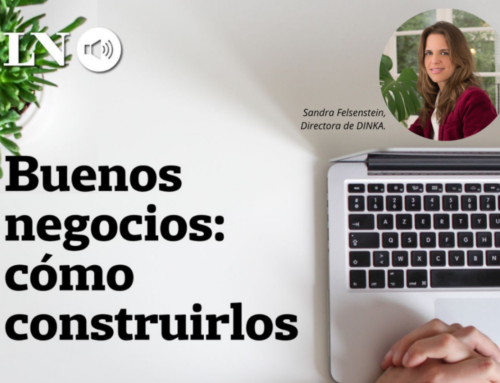How many times did you think you listened to the other and, having a new conversation you noticed that you had not understood anything? The works, relationships, life themselves are carried out through sets of conversations. How important is listening well then, right? Above all, when learning. Here we share some notions for your listening to be active.
It is not the same to hear than to listen:
What is the difference? Hearing is the biological act of auditively perceiving sounds. Listening, on the other hand, is to perceive and interpret.
When we listen, we perceive more than words: for example, the emotion with which the other expresses. It is always important to consider body language and tone.
We all apply our imprint to what we hear. You listen from your story, from how observer you are. So, how do we reduce the gap in every conversation?
WHEN YOU LISTEN
- I recognized that there will always be an inevitable gap between you and your interlocutor, because they are two totally different people, with different emotional stories, prejudices and charges.
- Verify, question and regreguntá to make sure you understood what they just told you. It is better than staying with doubts. An easy to verify that they are on the same page could be saying: "To summarize, what you need is that I ..." (indicating in detail what you understood that they asked or commented "
WHEN YOU TALK
- Prepare before speaking and be necessary with the details of what you need. If it is a work task or request, especially, always specify deadlines, deadlines and requirements to your listener.
- At the end of the conversation you can ask: “Do you want us to review what we talk? What slopes arise from this talk?
–
By Cecilia Faraco
Consultant at DINK








